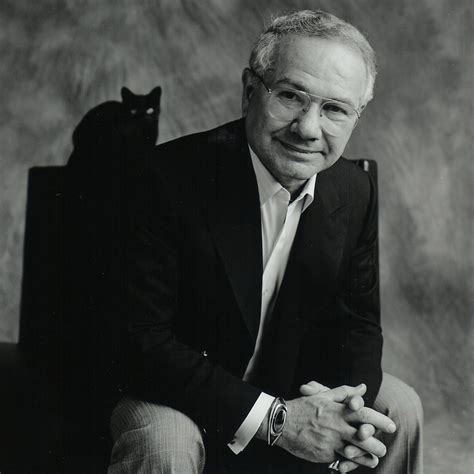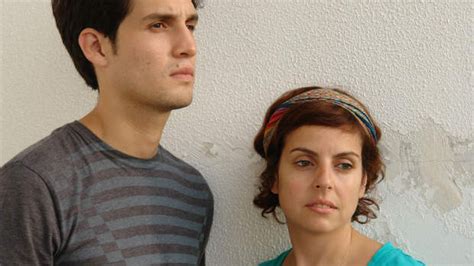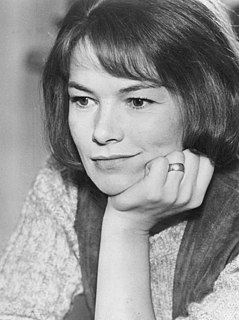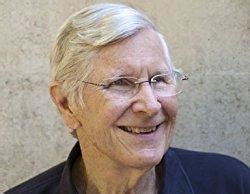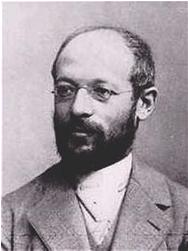A Quote by Adrienne Rich
Motherhood, in the sense of an intense, reciprocal relationship with a particular child, or children, is one part of female process; it is not an identity for all time.
Quote Topics
Related Quotes
Friends serve central functions for children that parents do not, and they play a critical role in shaping children's social skills and their sense of identity. . . . The difference between a child with close friendships and a child who wants to make friends but is unable to can be the difference between a child who is happy and a child who is distressed in one large area of life.
We also knew we definitely wanted to infuse into the narrative the relation of women at different ages with motherhood, their relationship with their babies versus their partners', their overall "need" to have children, their fears and projections on their children, etc. All of this we put into a pot, if you will, and simmered for a while until we had what made sense to us.
All over the world today people have a very strong desire to find a sense of identity, and at the same time that's coupled with the rise of absolutely absurd wars that relate to ethnic identity. Perhaps there is something deeply ingrained in people that relates to a sense of belonging, and without that, identity doesn't seem as real as it should.


